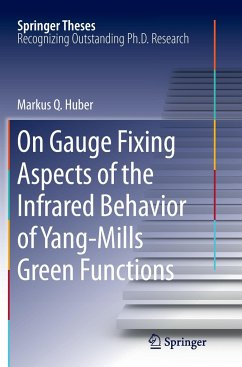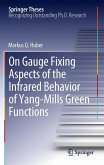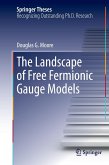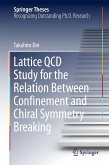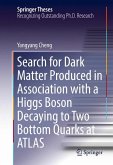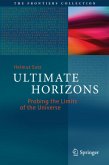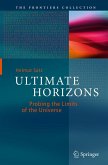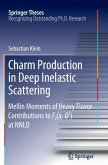Quarks are the main constituents of protons and neutrons and hence are important building blocks of all the matter that surrounds us. However, quarks have the intriguing property that they never appear as isolated single particles but only in bound states. This phenomenon is called confinement and has been a central research topic of elementary particle physics for the last few decades. In order to find the mechanism that forbids the existence of free quarks many approaches and ideas are being followed, but by now it has become clear that they are not mutually exclusive but illuminate the problem from different perspectives.
Two such confinement scenarios are investigated in this thesis: Firstly, the importance of Abelian field components for the low-energy regime is corroborated, thus supporting the dual superconductor picture of confinement and secondly, the influence of the Gribov horizon on non-perturbative solutions is studied.
Two such confinement scenarios are investigated in this thesis: Firstly, the importance of Abelian field components for the low-energy regime is corroborated, thus supporting the dual superconductor picture of confinement and secondly, the influence of the Gribov horizon on non-perturbative solutions is studied.

